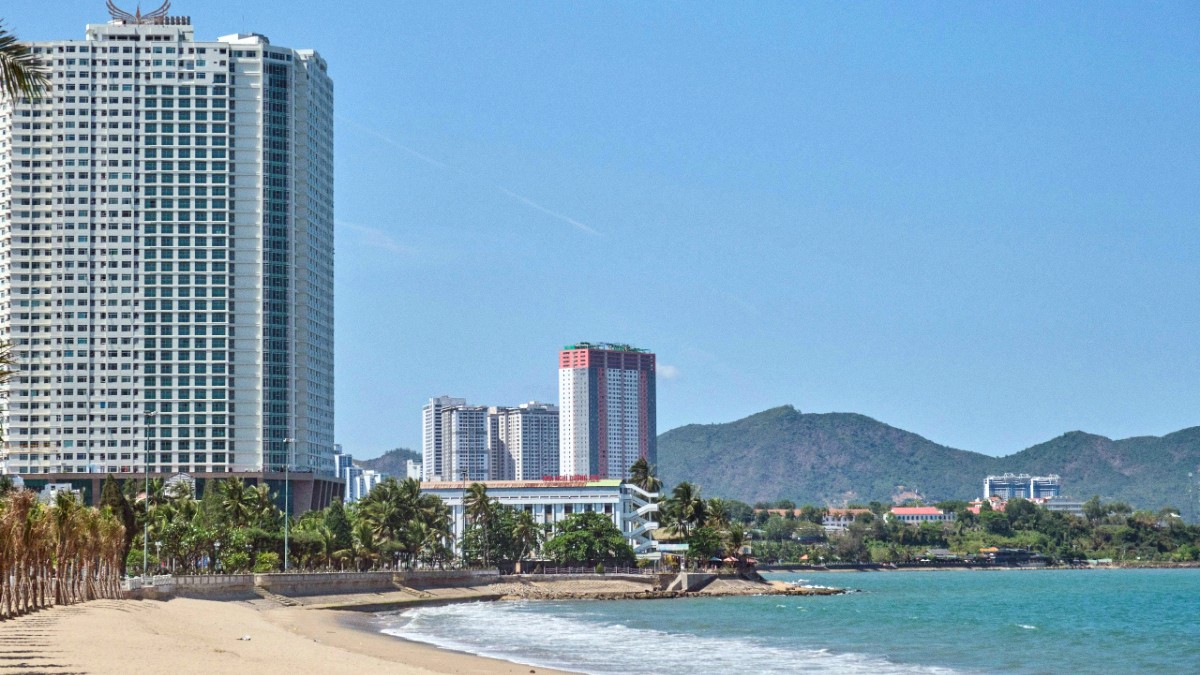
South Central Coast, Vietnam
Hon Mun Marine Protected Area safeguards coral reefs and marine biodiversity.
Vietnam faces plastic waste issues. Recycling is developing but not widespread.
Be mindful of water usage in your accommodation; take shorter showers and reuse towels.
Actions you can take to make a difference.
Look for operators emphasizing small groups, responsible waste disposal, and minimal environmental impact.
Support tours adhering to responsible diving and snorkeling practices. Do not touch corals or marine life.
Consider offsetting your flight emissions through reputable carbon offset programs.
Look for hotels with certifications or explicit environmental policies.
Carry a reusable water bottle. This minimizes single-use plastic, a major environmental concern. Explore sustainable outdoor gear from Patagonia and reusable products from Package Free Shop.
Engage with Nha Trang's culture respectfully to enhance your experience.
Support local arts, crafts, and cultural performances that genuinely preserve traditions.
Dress modestly when visiting religious sites or traditional villages. A smile and a gesture often suffice.
Avoid intrusive photography. Respect privacy, especially in residential areas or private moments.
Remove shoes before entering pagodas or temples. Dress modestly. Speak quietly.
Purchase from artisans using traditional methods.
Learning a few basic Vietnamese phrases shows effort and appreciation.
Be patient and understanding of cultural differences.
Engage with tour operators like G Adventures for ethical travel experiences that prioritize local communities and cultural understanding.
Your tourism directly benefits the local community.
Support small local businesses, guesthouses, and independent guides.
Look for products stating fair trade practices, especially for coffee or handicrafts.
Prioritize eating at local eateries, shopping at local markets, and hiring local guides.
Be cautious of attractions involving animal performances or direct interaction that might involve mistreatment.
Donate to recognized local NGOs focusing on education or healthcare.
This ensures your contribution has a lasting, positive impact.
Avoid giving cash to individuals directly.
Reduce plastic waste. Refuse single-use plastics when possible. Carry a reusable shopping bag for market visits. Consider supporting conservation organizations like The Rainforest Site (GreaterGood).